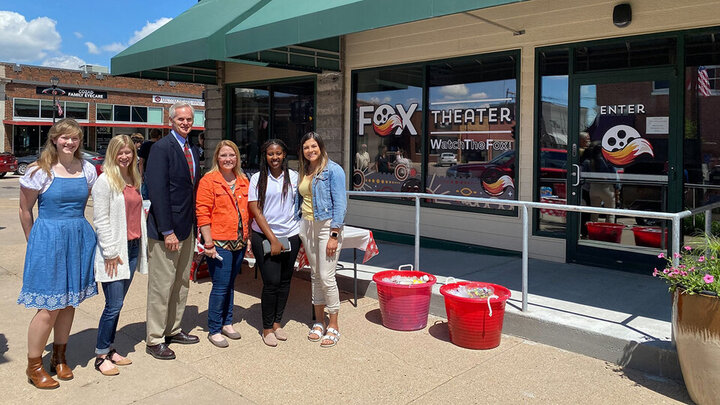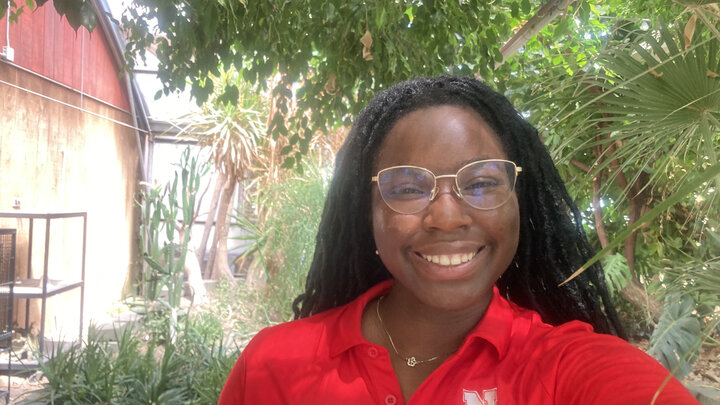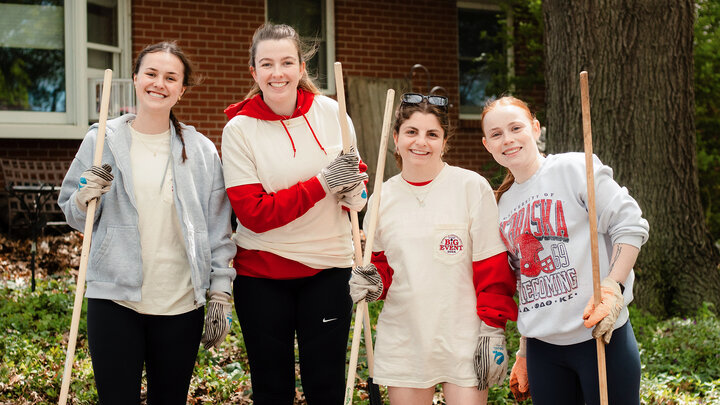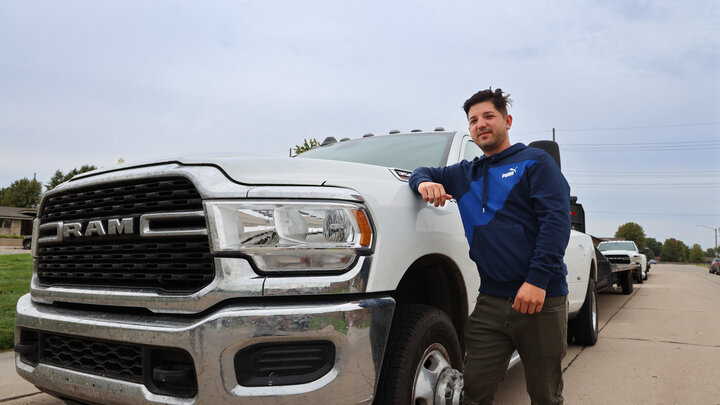Nebraska communities that participate in Rural Prosperity Nebraska’s 2022 Rural Fellows program will be eligible for financial support. In total, $100,000 will be available to communities that host students to work on projects as part of the Rural Fellows summer internship program.
In addition, 10 $1,000 scholarships to the University of Nebraska–Lincoln’s College of Agricultural Sciences and Natural Resources will be awarded to high school students who are selected to serve for 10 hours a week for 10 weeks in their hometowns.
The Rural Fellowship program pairs university students with rural Nebraska communities in an immersive internship experience. For 10 weeks, student fellows work on community development projects identified by the host communities. The 2022 internships are open to high school students who wish to gain workforce and community development experience before attending college.
“By including high schoolers in this traditionally college-student-centered experience, these students not only get to spend 10 weeks being mentored by the university fellows, but they get first-hand experience in community development that could lay an early foundation to becoming community leaders down the road,” said Helen Fagan, program coordinator.
Beginning in May, selected high school students will volunteer in their hometowns. After completing the experience, each student will receive a $1,000 scholarship to enroll in CASNR courses. To host high school students, participating communities must also host student fellows from the university.
“When we discuss community vitality, relationships between students and their hometowns are the embodiment of that discussion,” said CASNR Dean Tiffany Heng-Moss. “When students work to improve their hometowns, a synergy is created that has long-lasting benefits to these communities. Yes, those benefits affect Main Street or the town park or city hall. But these experiences also create community members who are committed to the improvement and growth of our Nebraska communities, and work until those improvements take root and become part of the community’s culture.”
The $100,000 will be awarded to 20 Nebraska communities based on the submission date of their application. Typically, hosting two student fellows for the summer costs $12,000 — $10,000 for wages and $2,000 for housing. Through IANR and extension’s funding, 10 communities that are new to the program will receive half the cost ($6,000) and 10 returning communities will receive one-quarter of the cost ($3,000). Communities that apply before the Dec. 31 deadline have the highest likelihood of receiving funding.
“Our mission is to work together with Nebraskans to create a viable future for everyone in the state,” said David Varner, interim dean of extension. “We see this funding opportunity as another step toward achieving that future. It’s not about throwing money at the wall to see what sticks. It’s about aiding communities in creating their own resources to achieve their own community-driven goals.”
The Rural Fellowship program is currently accepting applications for host communities for 2022. A live webinar for interested communities will be at 10 a.m. Dec. 13. Registration is available here. The webinar can also be accessed via Zoom here.
Additional details can be found here.
Funding for community support is made possible by Nebraska Extension and the Institute of Agriculture and Natural Resources. Scholarships are made possible by the College of Agriculture Sciences and Natural Resources.
“The Rural Fellowship program is about creating leaders — leaders among students, leaders within communities,” Fagan said. “Thanks to the generosity of IANR, extension and CASNR, these funding and scholarship awards will provide more opportunities to more people to become the leaders that will help Nebraska communities thrive and themselves become leaders in rural development across the country.”




